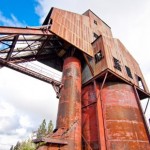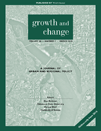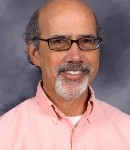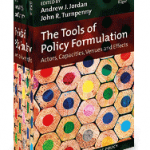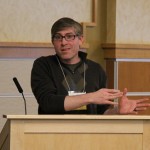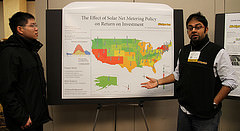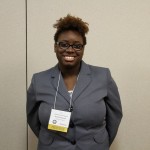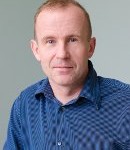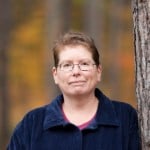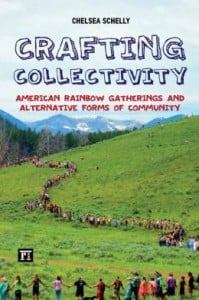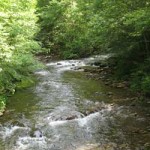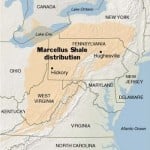 12:00 noon on Friday, April 10th in AOB 201.
12:00 noon on Friday, April 10th in AOB 201.
Erin Pischke, Environmental and Energy Policy PhD student, will present on “Forms and Justifications of Fracking-Related Collective Action in Pennsylvania’s Marcellus Shale Play“. This work considers the complex relationships between formal and informal advocacy organizations with hydraulic fracturing by examining two different, but related, forms of organizing: participation in established non-governmental organizations and involvement in nascent anti-fracking organizations.
